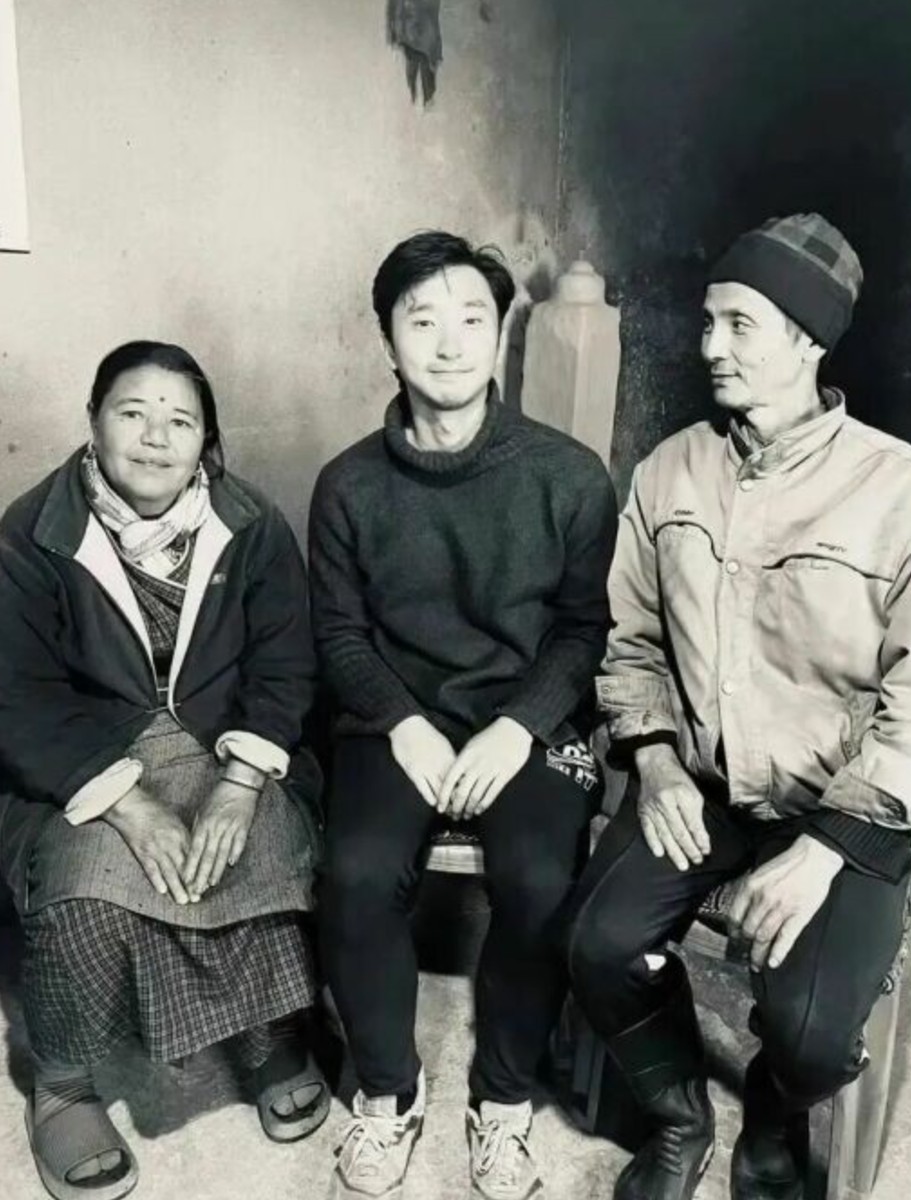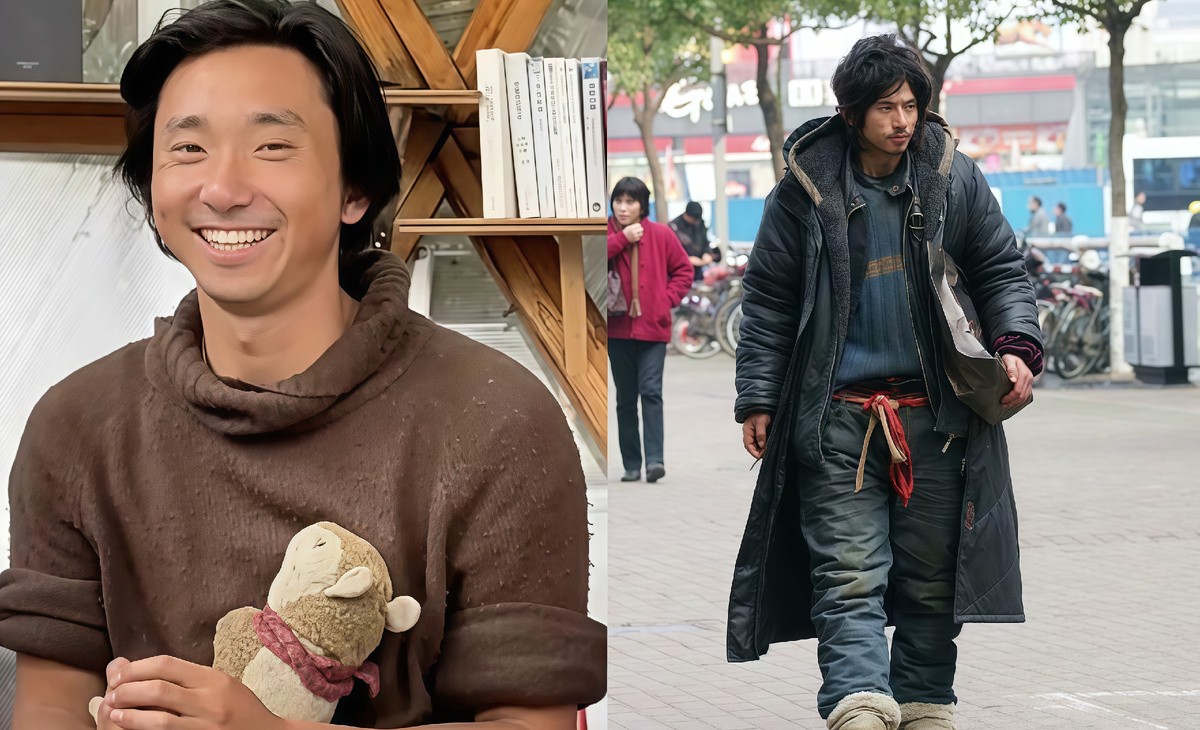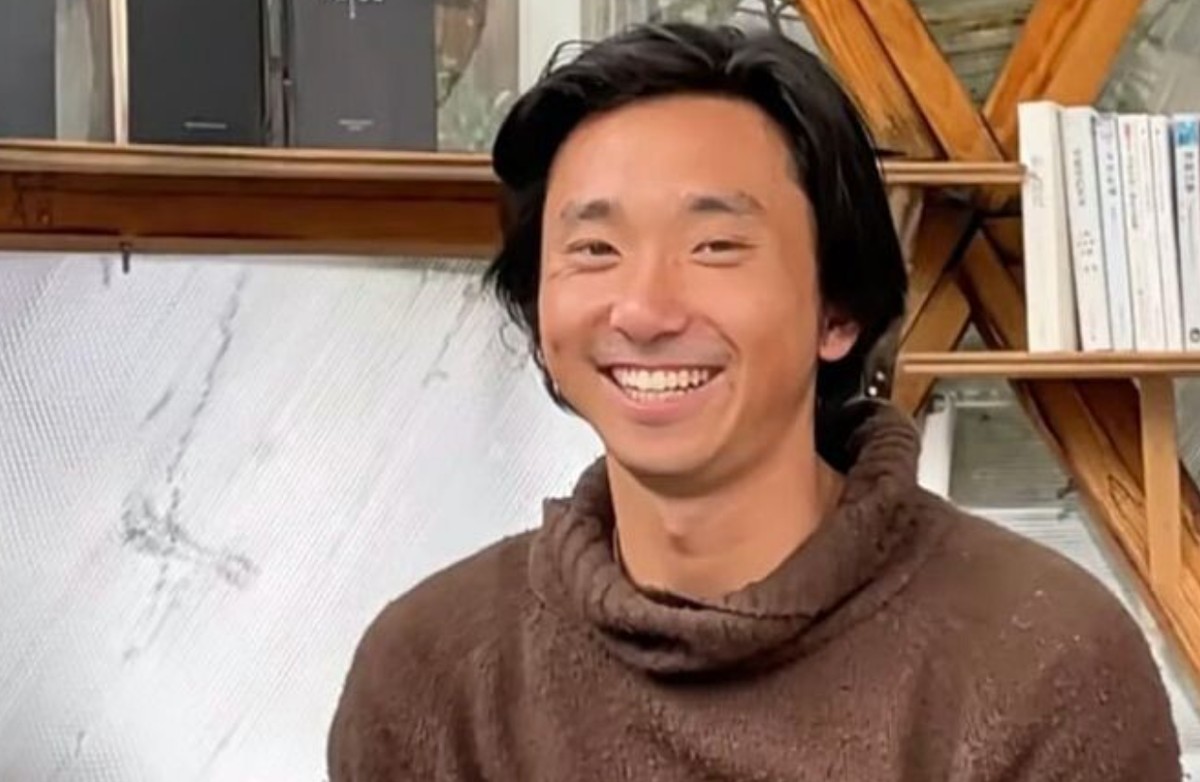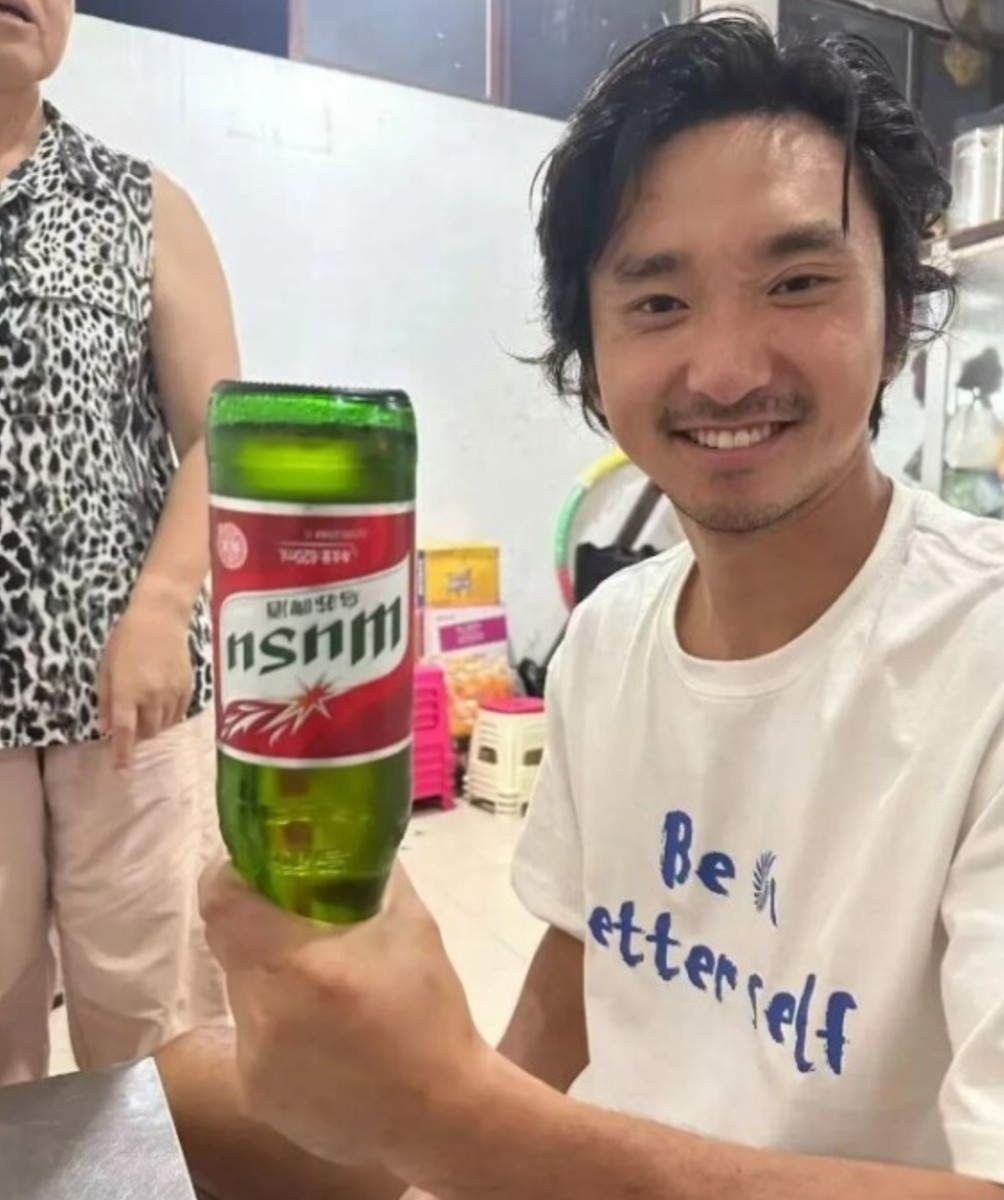Five Degrees, a High-Powered Life, and a Tent: Why a Well-Off Chinese Man Chose Homelessness
Lu Wei, 32, used to hold multiple degrees and live a high-income life. Now he is homeless by choice. He calls it liberation. Lu Wei’s childhood was a constant race for approval. Love in the family came from top grades and flawless behavior. The moments of genuine happiness came only from his grandfather and uncle, who treated him kindly. His father punished him for any fault. He was left-handed, and his father forced him to switch—every act of resistance earned a harsher punishment. The rift with his father poisoned their relationship forever. At age ten, the family emigrated to New Zealand. His mother, absorbed by the move, failed to notice that her son needed support. A neighbor’s child called him “mommy’s boy,” and the sting of that label stayed with him. He released his mother’s hand and never held it again. The world grew harsher when he entered a boarding school and a brutal swimming teacher taught through fear—throwing non-swimmers into deep water and pulling them out only when they almost drowned. Every Sunday, he tried to run away; each time, his parents brought him back. The world felt hostile, demanding constant performances to survive. This is not a tale of an anti-education stance. It’s the story of a young man who felt torn between what others expected and who he was inside—with five degrees and a resume that gleamed, yet a heart that remained restless.

In This Article:
A Life Under Pressure: The Quest for Parental Approval and the Breaks That Shaped Him
With two bachelor’s degrees and three master’s degrees, Lu’s CV read like a trophy collection: Sydney, New York, Beijing, Paris. He believed success meant pleasing his parents and climbing higher on the corporate ladder. He saw himself as an idealist and a dreamer, but the world pressed him into numbers, performance reviews, and endless competition. Interviews felt like a performance of self-selling; even failures were reframed to look presentable. A prestigious Paris job with a six-figure salary did not bring meaning. He watched colleagues in their thirties and forties—careers hardly changing—and felt the hollow echo of progress as anxiety and fatigue grew inside him. The turning point came with the pandemic: locked in a Paris apartment, he fell into depression, spent days glued to computer games, forgot to eat, and lost track of time. His life felt like a borrowed script.

Education vs. Inner Truth: The Price of Perfection
A chance meeting with other lost expatriates offered a lifeline. They decided to start simple: find work that didn’t require specialized skills. Lu began washing dishes in a Chinese restaurant’s kitchen and found a surprising source of happiness in the present moment. The pursuit of an ideal future collapsed; he realized he had been chasing a carrot he dangled for himself—an illusion that never arrived. The simple act of being present, even in a backroom, felt more real than any promotion. This shift was not a rejection of education, but a redefinition of what it means to be successful. He began to see the world as a place for genuine connection, not just credentials and status.

Back to China, Rewriting the Map: A New Life Beyond the Old Career
In May 2023 he returned to China, not to Shanghai where family ties could ease a return to a career, but to Chengdu and then to western Sichuan. He spent a year and a half volunteering: restoring buildings, taking on environmental projects, doing hard, honest work. A brief return to Shanghai as a courier reinforced the new truth: there is no path back to the old life. By December 2023 he settled in Dali, a city known for its alternative way of living, and began living in a tent with extreme minimalism. His daily life became simple: waking with the sun, sleeping by nine, eating two meals a day from a free vegetarian canteen. He stopped using toothpaste; showers were occasional, shared with friends. His monthly expenses dropped below 1,000 yuan. He owned about ten items of clothing and, after a collapsed pair of boots purchased for 25 yuan during a trek in Tibet, kept using what he had as a political statement against hyper-consumption. He filled his time with helping others and sharing psychology videos—more than 800 in a year—with thousands of grateful messages. He also began planning a platform called “Play” to give children a chance to explore different professions through play and discover their inner spark.

Playing a New Game: Finding Purpose Beyond the Traditional Path
Lu shares a ten-year-old daughter from a relationship in the United States. He tries to be a friend, not an authority, and he has kept distance from his own parents. His parents bought his granddaughter a home in the States, a gesture that highlights the complicated web of family and belonging. His constant companion is a plush squirrel, a gift from a friend, which he treats as if it were his own child—a symbol of the comfort his heart still seeks. This story isn’t a manifesto against education. It’s a personal reevaluation of values. He hasn’t found all the answers, but he no longer fears questions. The tent he calls his home is a base for a researcher who refuses to exchange his life for someone else’s approval. Where success once meant a title, a salary, and prestige, he now measures success by waking up and knowing life belongs to him, by not spending time on things that contradict his essence. By that standard, he might be the most successful person in the world.


